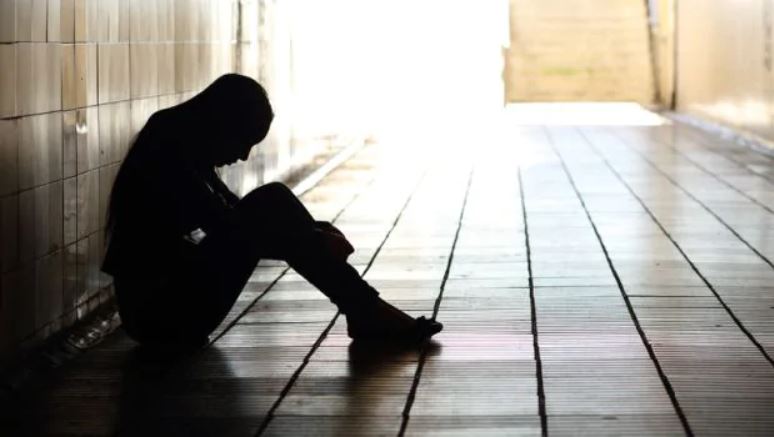Top 5 Common Symptoms of Depression in Teenagers
Depression is real, and it has become common, especially during these challenging times. Children, and especially teenagers, can also experience depression. Research indicates that approximately 20% of teens experience depression at a certain point in teenage life. Therefore, as a parent or caregiver, it’s vital to keep an eye on your teenager.
When your teen is acting out, these are the signs indicating whether they are undergoing depression.
Depression in Teenagers
5 symptons
1. Feeling Irritated Regularly
A depressed teen is likely to be irritated most of the time. They may show signs of hostility, grumpiness, and even frequent angry outbursts. Sometimes your teenager may over-react to the smallest of comments. Hence as a parent, you need to focus on listening to their outbursts. Do not judge or criticize, but rather assure your child that you are available to talk.
2. Feeling of Hopelessness
If your teen begins to lose interest in trying out the activities previously, they enjoyed, you need to have some concern. For instance, they may have enjoyed belle dancing; however, they start having a “who cares attitude.”
A feeling of hopelessness can also be associated with suicidal thoughts. The actions that may indicate suicidal thinking are, joking about committing suicide, writing stories, or poems about dying and obtaining pills or weapons to kill themselves.
Remarks such as “I wish I could disappear forever” should alarm you as a parent.
When you notice these behaviors, you should get life supports counselling for your child. Through the counselors, they will offer help on anger management, depression, anxiety, and relationships. Hence, your teenager will get assistance on the issues troubling them.
3. Having Sleep Problems
A depressed teenager may begin to experience erratic sleep patterns. For example, they may fail to sleep at night and only sleeps during the day. Your teenager may also have problems remaining asleep.
Experiencing difficulty in sleep can also lead to reduced concentration. Such problems may include challenges in keeping up with a conversation or doing the assignments.
Your teen may also experience a change in eating appetite. They may begin eating more or less. Some may even have increased food cravings and an increase in weight.
4. Withdrawal from Family and Friends
A happy teenager who begins to withdraw from family can be undergoing depression. For instance, you could be participating in family activities like cycling, and suddenly your child is less interested.
They may also lose interest in interacting with their best friends and siblings. Some may start hanging out with the wrong crowd, such as friends doing drugs.
As a parent, when you notice such isolation, it’s best to help them by encouraging talking and self-expression. It would be best if you did not assume, such as typical teenage behavior.
5. Complaining of Not Being Well
If your teen complains of pains such as headaches, yet doctor check-ups do not reveal anything can be a sign of depression in teenagers. Hence, it’s best to pay attention to such complaints and avoid giving painkillers instead seek counseling support.
Depression in children might range from mild to extreme. A mistake that most parents do is to assume that these are typical adolescent behaviors. However, sometimes it may be an indication of depression. Hence look out for signs of withdrawal, insomnia, hopelessness, and frequent irritability. When you notice these changes, access life supports counseling to help address the depression. You can access such service through phone calls or online every day of the week.




